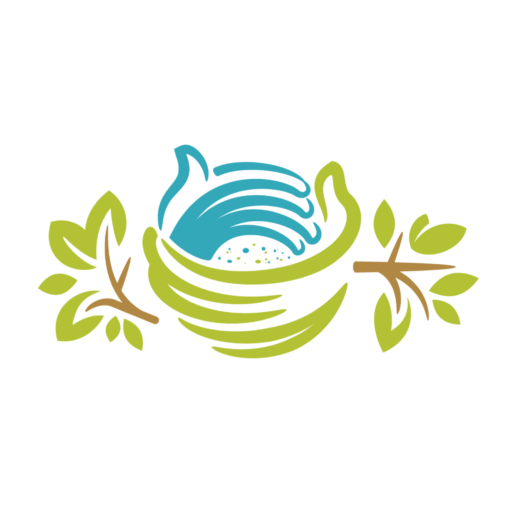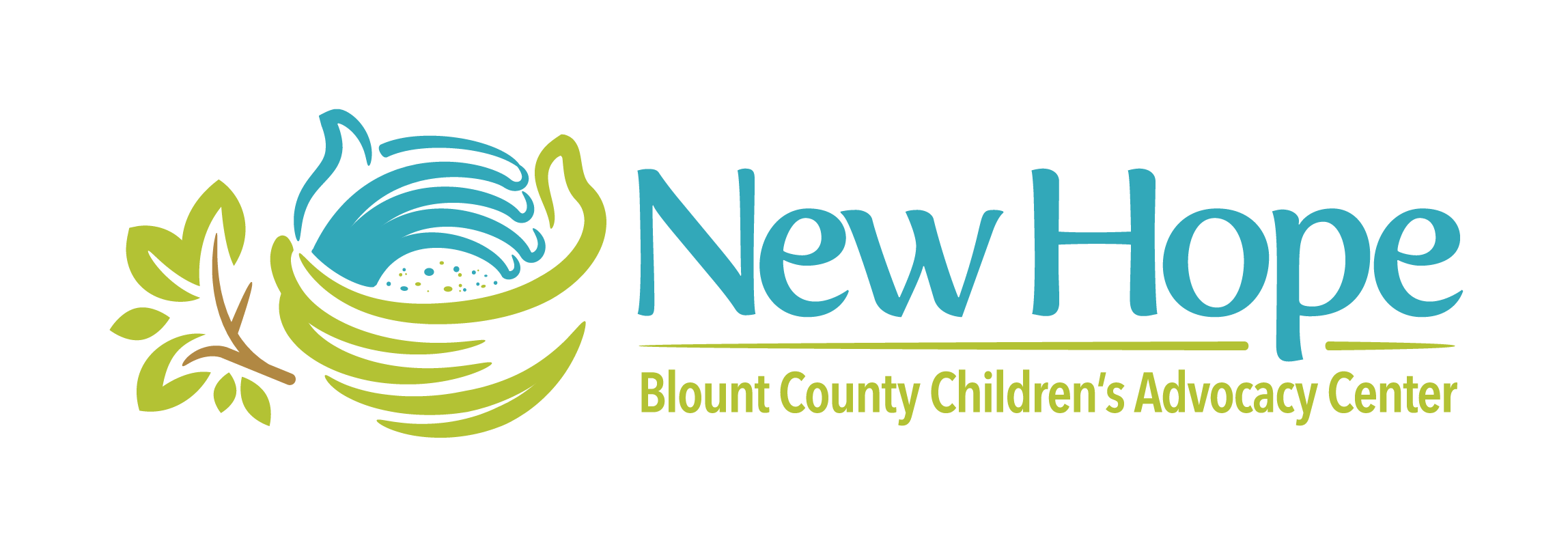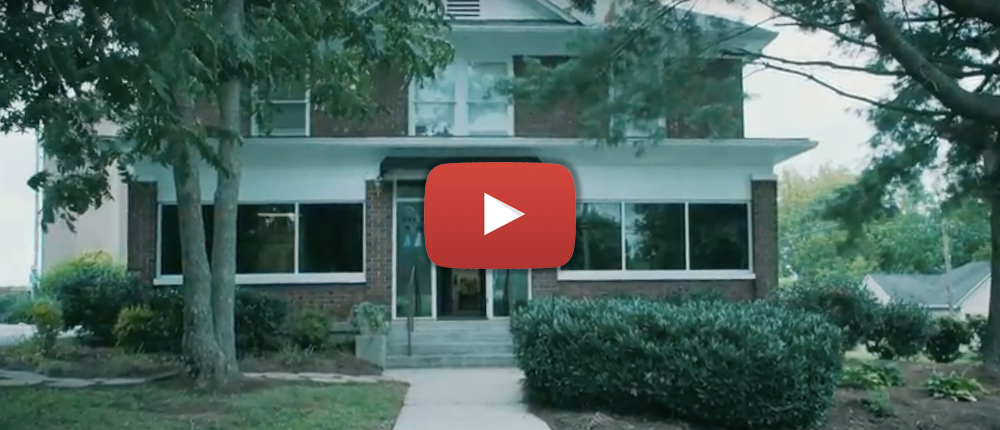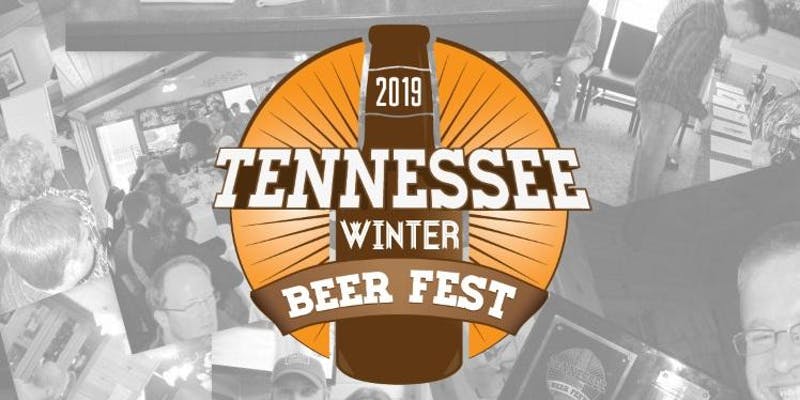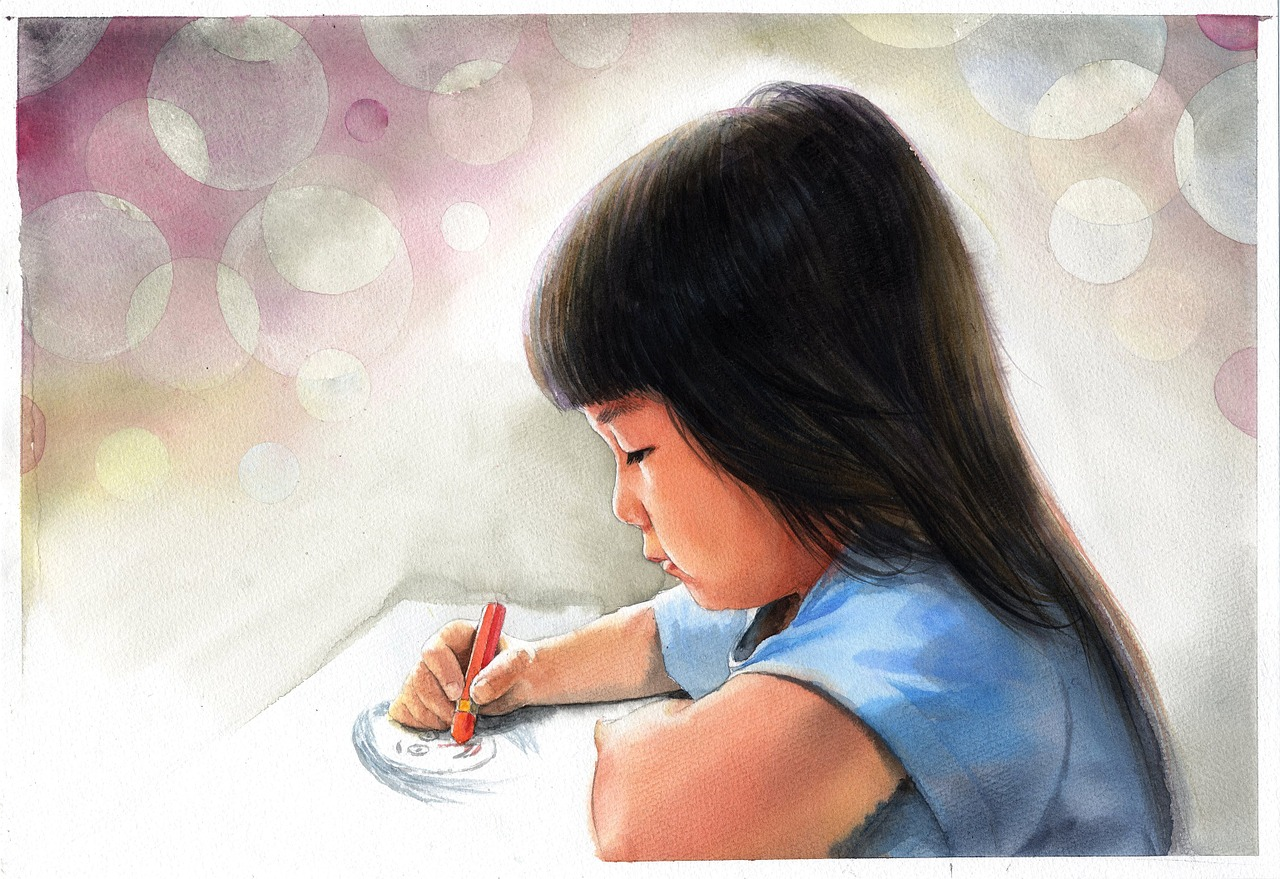
Forensic Interviewing: So, uh, what exactly do you do?
Ever wondered what a Forensic Interviews does?
This wonderful article written by Eliazbeth King from the Randolph-Tucker Children’s Advocacy Center does a great job of sharing what it is like to work in this role. Our many thanks to Elizabeth for sharing her story and to all the Forensic Interviewers out there that make a difference in the lives of children.
by Elizabeth King, Forensic Interviewer/CAC Coordinator, Randolph-Tucker CAC
When I first started my job at Randolph-Tucker Children’s Advocacy Center in 2014, I replied honestly to every well-meant inquiry of “So what exactly do you do for a living?”. My answer went something like this: “I interview children when there are concerns of sexual abuse to obtain details relevant to a criminal or child protection investigation and help to facilitate a coordinated team response.” After the third time my answer was met with sudden silence (except for an awkward Pandora ad in the background and the clink of someone setting down their drink with a little too much force) and with, seconds later, a quiet “Oh god, I could never do that,” well . . . Let’s just say I started being a little less honest.
What I do for a living is forensic interviewing, and forensic interviewing is many things. Technically, it is: “a developmentally sensitive and legally sound method of gathering factual information regarding allegations of abuse or exposure to violence” (Newlin et al., 2015).
But in the field of child abuse, things are not always just technical, and there is a lot more to forensic interviewing than a whitepaper definition. It is also, I think, an art. It is an art because it requires knowing the right thing to say and when to say it, when to push and when to sit in silence, when to offer support and when to wordlessly allow children to look inside themselves and find their own truths. It requires me to believe that they are strong and safe enough to give voice to their experiences.
My job requires me to adapt quickly; read and respond to emotional output; incorporate knowledge of theory in my practice; remember five hundred things a child has said, make sense of those things, and then construct a new question all while still engaging with the child seated across the table. I have to be willing to clash with team members and investigators for the sake of the interview’s integrity, over adhering to best practices, or for the child’s well-being. I must be accountable for my mistakes and take every opportunity to learn from them. My job demands professionalism, knowledge, compassion, curiosity, and honesty.
But when a child does make a disclosure to me, the harsh truth of it is this: My job as a forensic interviewer is to help the child recount—in extraordinary detail—what may be the worst thing that has ever happened to them. I ask questions many children have never been asked before. I watch children cry and shake and sometimes withdraw emotionally.
However, in that painful disclosure process, sometimes something magical happens.
Sometimes, even in the midst of all the anxiety of what will happen next—even after a child has described years of ongoing abuse—it is like the clouds have opened. It is like the child has taken the first step on a path to healing and, I swear, when you are in the room with a kid when they are released from that secrecy . . . You can feel it.
Sometimes kids tell me “I can’t tell you because I’m scared,” and then they tell me anyway because they are brave, and by the time they leave the CAC they have an army of professionals on their side. I tell kids at the end of each interview “Thank you for talking to me today,” and sometimes they stop me at the door and say, “No, thank you.”
But for all those “feel good” reasons that I listen to kids tell their stories every day, sometimes we still fail children. And so, every day, I work to become a better interviewer, just as my peers work to be the very best they can be in each of their disciplines.
Why do I keep doing this? I do it because of the times that we do not fail them. I do it for the times when children ask as they are leaving the CAC, “Can I come back?” I do it for the times when a child tells me, “You made me feel safe.” I do it so that—three months or a year or three years down the line—we can look back at the child’s healing and know that some kind of justice was found, and we can look at one another and say, without reservation, “That was a success.”
That is why I do what I do, and it is why every person on our team gets up each morning to come to work because, together—as interviewer and advocate and therapist and investigator and more—we can help children heal. And we do.
So now my answer to that dreaded dinner party question “What do you do for a living?” is a little less lengthy but, arguably, just as accurate. “I work with kids, and with the people who love them,” I say simply. And that answer is just as true, because kids are at the heart of everything we do
